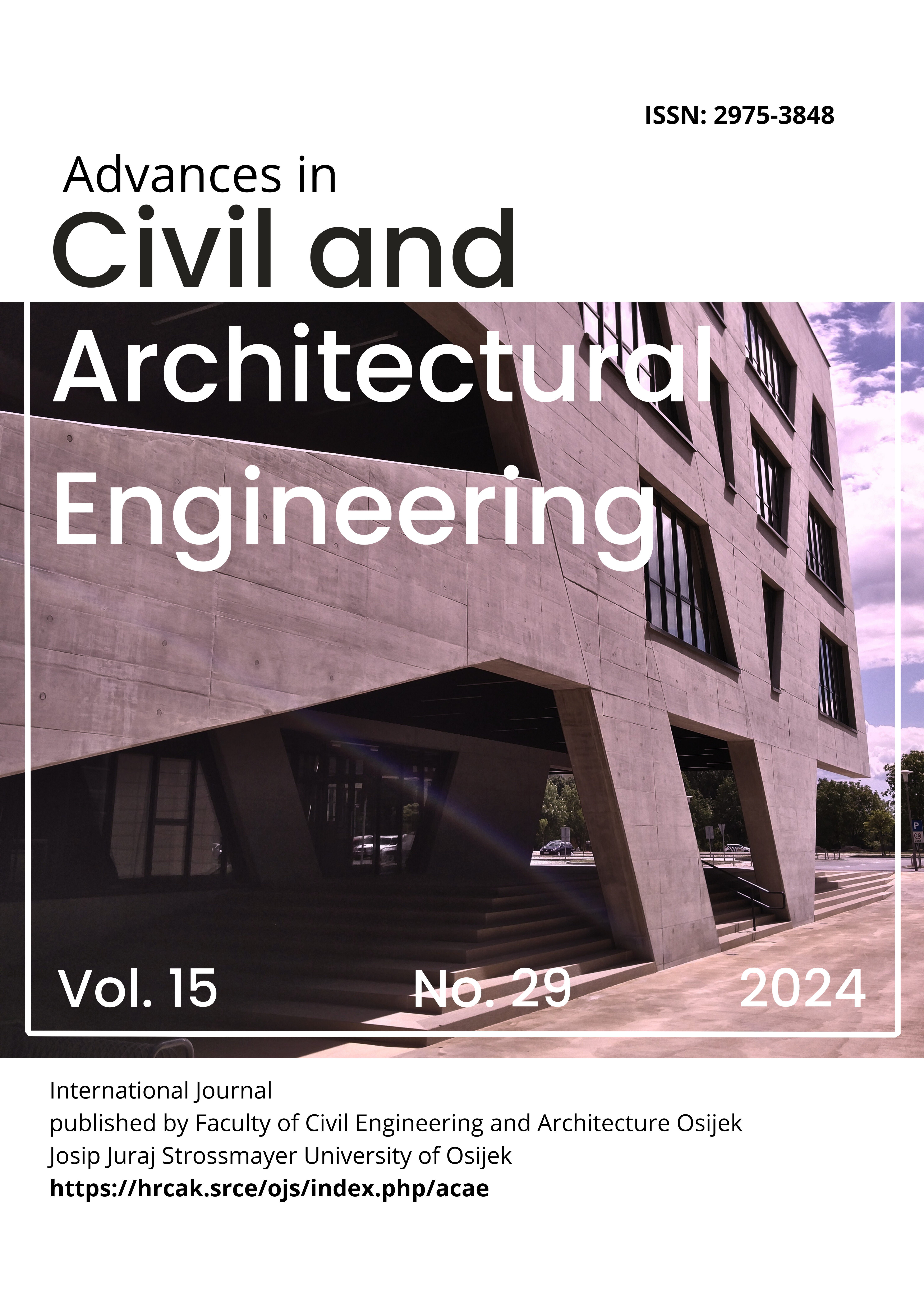Predictive modelling of sustainable concrete compressive strength using advanced machine learning algorithms
DOI registering
DOI:
https://doi.org/10.13167/2024.29.11Keywords:
machine learning, concrete compressive strength, random forest algorithm, regression analysis, web applicationAbstract
Considerable efforts have been made to increase the compressive strength of concrete by incorporating industrial by-products such as recycled aggregates and manufactured sand as partial substitutes for natural materials. However, predicting the compressive strength of concrete remains a challenge due to the influence of various factors, such as the type and proportion of aggregates, the water-cement ratio, and the age of the concrete. This research focuses on the development of machine learning (ML) models to predict concrete's compressive strength (CS) at 7 and 28 days. Fifteen input parameters—cement, natural and recycled fine and coarse aggregates, fly ash, manufactured Sand (M-Sand), water, admixture, w/c ratio, and age—were identified as critical factors influencing CS. A data set of 1030 samples from the literature was used, supplemented by additional experiments with recycled aggregates and manufactured sand. The models were trained on 70 % of the data, and the remaining 30% was used for testing. The results show that ML algorithms are highly effective in predicting CS, with the random forest algorithm achieving the highest accuracy (R² = 0,95; error = 3,74). In addition, a novel WebApp has been developed to leverage these models, allowing users to input parameters and quickly obtain CS predictions for concrete mix designs. The user-friendly interface of the WebApp makes it an easily accessible tool for professionals and researchers in concrete engineering. In this study, the potential of ML, in particular the random forest algorithm, is emphasised as a reliable and cost-effective method for predicting concrete CS, providing a valuable alternative to conventional experimental approaches.
Downloads
Published
How to Cite
Issue
Section
License
Copyright (c) 2024 Tejas Joshi, Pulkit Mathur; Parita Oza, Smita Agrawal, Husen Narmawala

This work is licensed under a Creative Commons Attribution 4.0 International License.

